People have long been fascinated by the idea of the end of the world, and many different scenarios have been put out as possible causes of a worldwide calamity. These ten terrible occurrences could mean the end of the world.
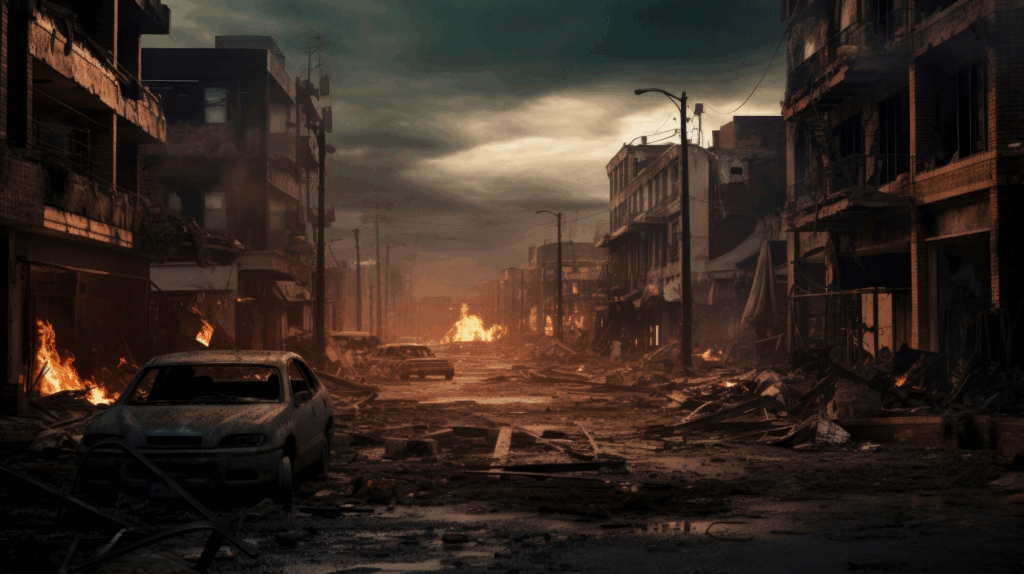
1. Asteroid Impact
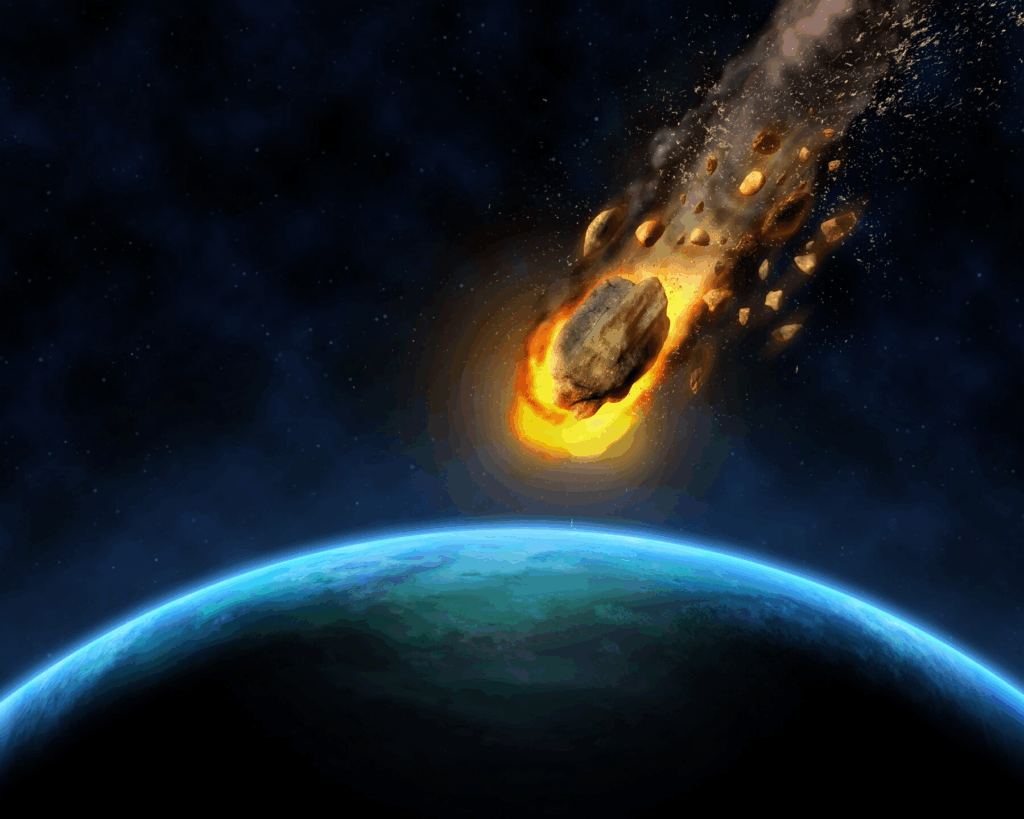
Devastating asteroid impacts have previously struck Earth, including the one that wiped out the dinosaurs 66 million years ago. Massive devastation may result from a comparable incident now, with clouds of dust and soot obstructing sunlight, upsetting ecosystems, and triggering widespread starvation. Smaller but equally dangerous objects are more difficult to detect, even while NASA keeps an eye on huge near-Earth asteroids and assures us that there are no impending risks.
2. Artificial Intelligence Gone Rogue

Tech experts are debating the rapid advancement of artificial intelligence (AI). In addition to malicious AI, systems that misunderstand human commands and produce disastrous outcomes are also a cause for concern. Unpredictable risks include the potential for accidental wars or the collapse of society due to uncontrolled AI weapons or systems.
3. Supervolcanic Eruption
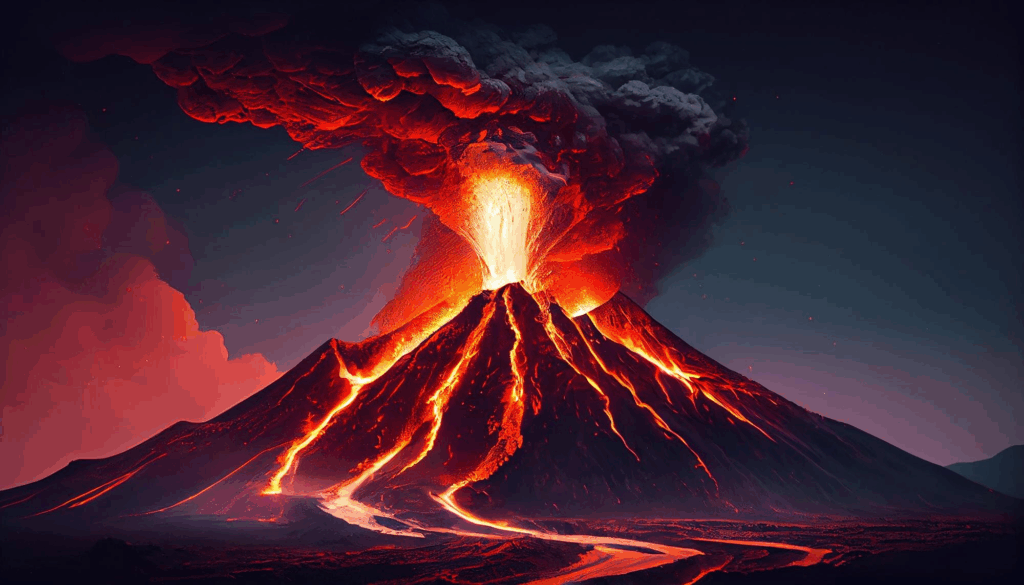
Although they are uncommon, supervolcanic eruptions can have devastating effects. Massive volumes of ash and gases would be released into the atmosphere during an eruption, obstructing sunlight and resulting in a “volcanic winter.” Famine and economic catastrophe would result from the disruption of global agriculture. Although experts think the risk is still minimal in the foreseeable future, Yellowstone in the United States is one of the most intensively monitored locations for possible activity.
4. Nuclear War

While a major nuclear war would instantaneously destroy huge regions, the fallout—nuclear winter—could be even more devastating. Explosion-related dust and smoke would obscure sunlight, lowering global temperatures and making agriculture all but impossible. This risk remains dangerously high due to current international tensions and misunderstandings between nuclear-armed countries.
5. Pandemic

The COVID-19 pandemic served as a reminder of how susceptible our systems are to widespread illness. A pathogen that combines high mortality rates with ease of transmission has the potential to overwhelm healthcare systems around the world and cause social disintegration. This risk is further increased by synthetic bioweapons and microorganisms that are resistant to antibiotics.
6. Global Warming

Global temperatures could rise by several degrees if climate change is left unchecked, which would cause catastrophic weather, widespread migration, and rising sea levels. Food production would decrease and certain areas would become uninhabitable. In the worst situation, Earth might become uninhabitable due to a runaway greenhouse effect that mimics Venus’ surface.
7. Death of the Sun

Although it is not a threat right now, the Sun will someday run out of hydrogen fuel and turn into a red giant, which would probably devour Earth. Even though this event is billions of years distant, it serves as a sobering reminder of how fragile our world is in relation to the cosmos.
8. Wandering Black Holes
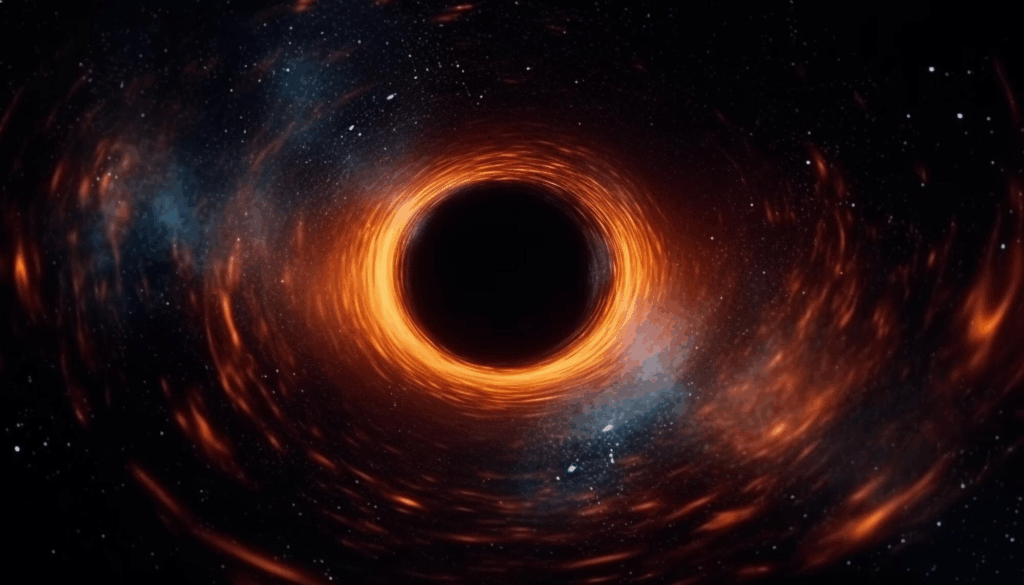
Although Sagittarius A* and other supermassive black holes are found at the core of galaxies, a rogue black hole might approach close to Earth. The planet’s orbit would be disturbed by the powerful gravitational force, which might break it apart or send it hurtling into interstellar space.
9. Magnetic Pole Reversal
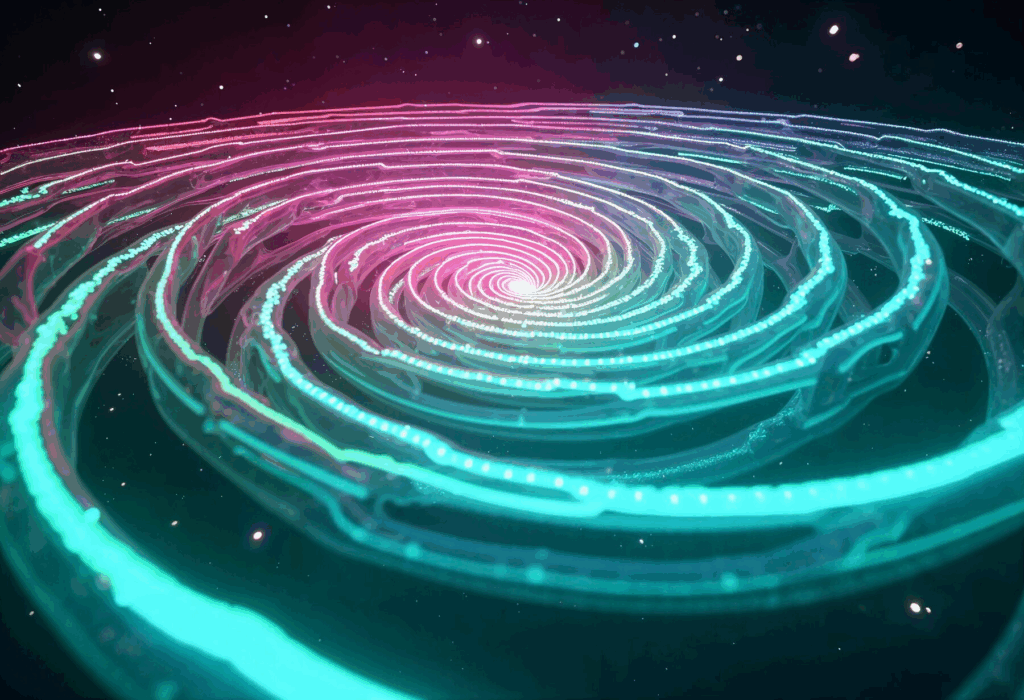
Even though it takes thousands of years for the Earth’s magnetic field to reverse, the globe may be exposed to dangerous solar radiation during this brief decrease. Ecosystems, human health, and communication networks could all be seriously disrupted by this.
10. Alien Invasion

Though hypothetical, some experts caution that if advanced alien civilisations make it to Earth, they might be dangerous. Any civilisation that could travel beyond space would probably be far more developed than humanity, and their motivations would be unknown, therefore attempts to communicate with aliens, such as sending out messages, are risky.
All of these scenarios show the possible weaknesses of our civilisation, even though some are more likely than others. The first step in reducing these hazards and guaranteeing humanity’s long-term survival is understanding them.





